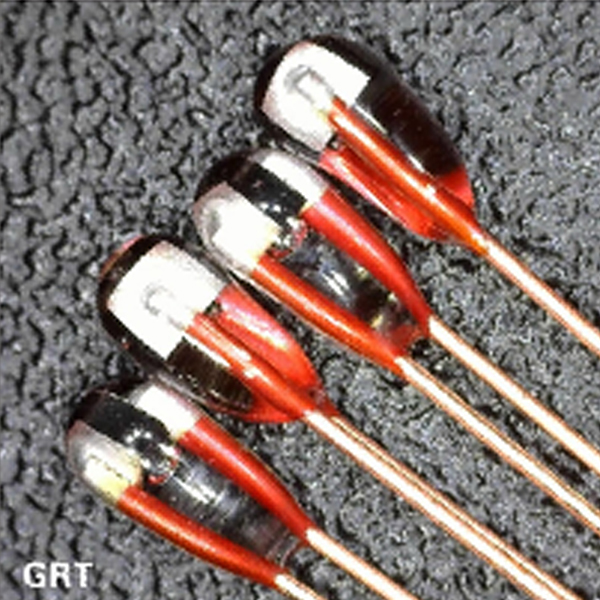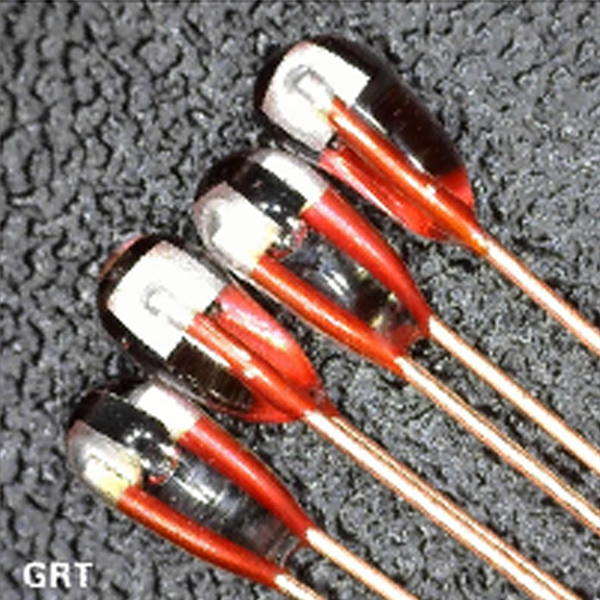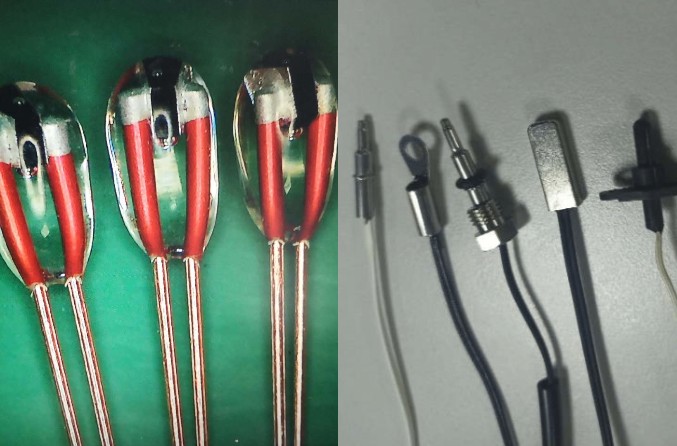Temperature-sensitive components play an indispensable role in modern technology, ensuring that systems operate within safe and efficient thermal parameters. Among these, thermistors stand out as one of the most precise and responsive temperature-sensing elements. While traditional thermistors have been widely used for decades, advancements in materials and engineering have given rise to glass coated chip thermistors—compact, highly reliable, and exceptionally durable components designed for demanding environments. Their unique construction and enhanced properties make them indispensable in fields ranging from medical diagnostics to automotive safety systems.
How Glass Coated Chip Thermistors Work
At their core, thermistors function based on the principle of resistance variation with temperature. As temperature fluctuates, the thermistor’s resistance shifts predictably, allowing precise monitoring and control. Glass coated chip thermistors utilize this fundamental mechanism but introduce an added layer of sophistication—an ultra-thin glass encapsulation that fortifies the device against environmental and mechanical challenges.
The glass coating serves multiple crucial functions. It acts as a protective barrier against contaminants, such as moisture and corrosive chemicals, which could otherwise degrade the thermistor over time. Moreover, the glass layer enhances thermal response consistency, ensuring that resistance-temperature characteristics remain stable across extensive usage cycles. Compared to conventional epoxy-coated or bare bead thermistors, glass coated variants exhibit superior resistance to mechanical stress, making them ideal for high-vibration environments and prolonged operational demands.
Key Advantages of Glass Coated Chip Thermistors
Superior Durability
One of the most significant benefits of glass coated chip thermistors is their exceptional resilience. The rigid glass encapsulation shields the delicate semiconductor structure from mechanical shocks, pressure fluctuations, and exposure to harsh chemicals. This makes them highly reliable in industrial applications where precision and longevity are paramount.
High Precision and Stability
Accuracy is a defining characteristic of high-quality thermistors. Glass coated chip thermistors maintain an impressively stable resistance-temperature relationship over prolonged use, exhibiting minimal drift. This stability is especially critical in medical and aerospace applications, where even minute deviations can impact functionality.
Wide Operating Temperature Range
Unlike traditional polymer-coated thermistors, glass encapsulated versions can withstand extreme temperatures, often ranging from -50°C to +300°C. This expanded operational window makes them suitable for environments that experience severe temperature swings, such as automotive engine compartments and space-bound electronic systems.
Enhanced Moisture Resistance
Moisture ingress is a notorious culprit behind electronic component degradation. The glass coating on these thermistors effectively prevents water absorption, thereby mitigating the risks of resistance instability and premature failure. This feature is particularly valuable in high-humidity settings, such as outdoor monitoring stations and HVAC systems.

Applications of Glass Coated Chip Thermistors
Medical Equipment
In the healthcare industry, precise temperature monitoring is vital for both patient safety and device functionality. Glass coated chip thermistors are commonly integrated into catheters, incubators, and high-sensitivity diagnostic equipment. Their compact size and high accuracy make them ideal for applications requiring non-invasive yet reliable temperature assessment.
Automotive Industry
Modern vehicles rely on advanced thermal management systems to ensure optimal performance and safety. Glass coated chip thermistors are widely employed in engine temperature monitoring, battery thermal regulation, and climate control systems. Their ability to endure extreme temperatures and vibrations makes them a preferred choice for automotive engineers.
Consumer Electronics
From smartphones to smartwatches, electronic devices generate heat during operation, necessitating efficient thermal regulation. Glass coated chip thermistors play a critical role in preventing overheating, thereby enhancing device longevity and user safety. Their miniature footprint allows seamless integration into compact, high-performance electronic designs.
Industrial Equipment
Precision temperature control is a cornerstone of manufacturing and industrial automation. Glass coated chip thermistors contribute to the accuracy of temperature-sensitive processes such as semiconductor fabrication, HVAC systems, and chemical production. Their stability under fluctuating conditions ensures consistent performance in mission-critical applications.
Conclusion
Glass coated chip thermistors represent a leap forward in temperature-sensing technology. Their unparalleled durability, precision, and environmental resilience make them a standout choice for applications demanding long-term reliability. Whether in medical instrumentation, automotive safety, or industrial automation, these thermistors deliver superior performance where it matters most.
As technology continues to evolve, further refinements in thermistor design and material science may unlock even greater efficiency and versatility. Engineers and designers seeking the most robust and accurate temperature sensing solutions should consider glass coated chip thermistors as a cornerstone of their thermal management strategies.








